Panchayati Raj was in existence since ancient India. After independence, Government of India was committed to set-up Panchayati Raj System to provide real Swaraj to the people of rural areas to come out of abject poverty, unemployment, illiteracy, squalor, disease, etc. The latest development in this direction is the Constitutional Amendment (73 and 74) of 1992 which aims to provide constitutional status to Panchayati Raj System. The amendment stressed the importance of Gram Sabha and made it obligatory to set-up Gram Sabha as a part of PRI system.
In this second edition of the book "Panchayati Raj in India : Theory and Practice", within a compass of 18 chapters, all aspects of Panchayati Raj system have been analysed critically to come out with concrete suggestions for improvement. Chapter 1 discusses the genesis, growth and diversification of PRI system in India followed by chapter 2, which deals with 73 Amendment critically and its relation with good governance. Chapter 3 examines organisation and functions. Chapter 4 examines the central axle of PRI system that is ‘Gram Sabha’. An attempt has been made to suggest methods to strengthen Gram Sabha, which is the body to ensure people’s participation. Chapters 5, 6 and 7 deal with components of Panchayati Raj System, i.e. Gram Panchayat, Block Panchayat and Zilla Panchayat. Chapters 8, 9 and 10 deal with training and capacity building of elected functionaries, financial administration, planning, personnel administration in PRI system. It is seen that the prevalent system of administration has great stronghold over PRIs and is not encouraging devolution of powers. Chapters 11, 12 and 13 deal with people’s participation, women empowerment and programme administration, Chapter 14 examines the Rural Employment Guarantee Scheme. Chapters 15, 16 and 17 deal with planning for PRIs, NGOs and Panchayati Raj and State Control over PRIs. These are important issues which are instrumental in ushering development in rural areas. Chapter 18 gives the conclusions with recent developments and suggestions for improvement in various areas. An appendix "Bharat Nirman" has been added from Eleventh Five Year Plan 2007-2012. All the chapters have been supplemented with charts, tables, case studies, etc. to make them comprehensive and illustrative. All the latest reports of Government of India including standing committee reports have been taken into account. The book would be of great use to students, faculty members, policy-makers, planners, decision-makers and elected members of PRI system. The book examines the current issues in detail. The emphasis of the book is to suggest ways and means to develop PRI system in right earnest and not through use of ad hoc methods.
ABOUT THE AUTHOR S.L. Goel
Dr. S.L. Goel, Emeritus Fellow UGC at Panjab University, and an eminent social scientist has been teaching Public Administration and Political Science for over thses decades. He has been a member of University Grants Commission, Govt. of India, New Delhi, Distance Education Council and a member of All India Board of Management under All India Council for Technical Education, Ministry of HRD, New Delhi. His field of specialisation is Public Administration and Management. He has been advisor to Himachal Pradesh and Haryana Health Departments under their USAID Programme. He has written a number of books on Management and Public Administration, foreign students for Doctoral research as well as conducted a large number of training programmes for senior administrators. He has been an elected member of the Senate of P.U., Chandigarh form 1984-88. He is widely traveled in India and Abroad. He was Chairman for UGC IXth Plan Allocation for the Universities in Gujarat and Madhya Pradesh and Co-Chairman for Maharashtra. North-East Universities as well as with some Central Universities. He was Convenor UGC Tth Plan Committee for Jama Milia University, New Delhi, Chitarkoot University, Chitarkoot, Rajasthan University, Jaipur and all Colleges of Delhi University. He was a member of Xth Plan Committee at Jawaharlal Nehru University, New Delhi, and Banaras Hindu University, Varanasi in 2003. As a member of UGC, he was associated with a number of Programmes like Academic Staff associated with a number of Programmes like Academic Staff Colleges, Special Assistance Programme, Autonomous Colleges, where he contributed substantially. He has also published more than thirty books on other areas. He has been a Visiting Professor and a consultanat at Chulalongkorn University, Bangkok. He visited USSR under Indo-cultural Exchange Programme. He has also served as Professor of Public Administration at Haryana Institute of Public Administration, Chandigarh and in the capacity directed a number of Executive Development Rogrammes meant for Senior Civil Servants. He visited D.R. of Korea, Japan, Hongkong to study the system of Education. He was in Hungary, Switzerland, France, Italy and U.K. to study the health care system in these countries during the summer of 1999.
ABOUT THE AUTHOR Shalini Rajneesh
Dr. Shalini Rejneesh, is an officer of Indian Administrative Service. Born in 1967, she topped the Civil Services Exam, amongst girls, at a young agae of 22, while simultaneously seuring a gold medal in Masters in Psychology. She continued her intellectual pursuits while in ervice and has secured Masters in Business Administration from Latrobe Unversity, Australia and Doctorate in Rural Development from Mangalore University. She has been associated with various institutions of repute, such as National Institute of Rural Development, Hyderabad National Institute of Adult Education, Pune, Entrepreneurshsip Development Institute, Ahmedabad, etc. She has been a member of the Karnataka State Planning Board’s Committee on Social Development in 1995. She has also authored a book ‘Rural Development through Democratic Decentralization’ and is the co-author of bestseller ‘Management Techniques-Principles and Practices’. She regularly contributes articles to various magazines and journals of repute.

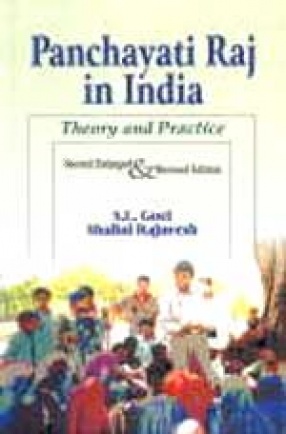
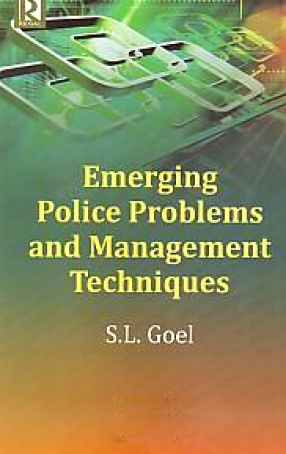
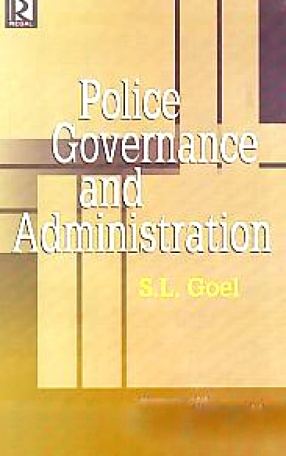
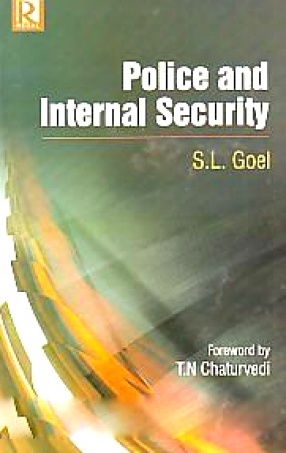
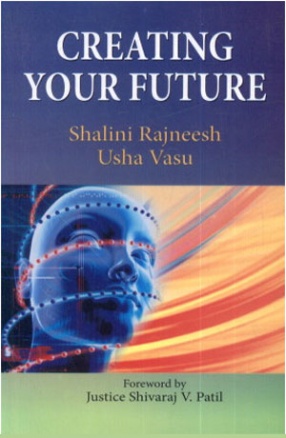

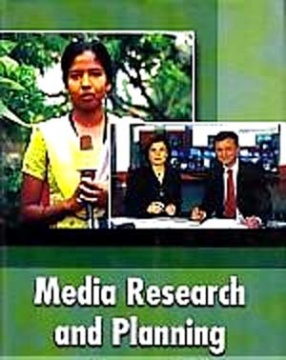

There are no reviews yet.